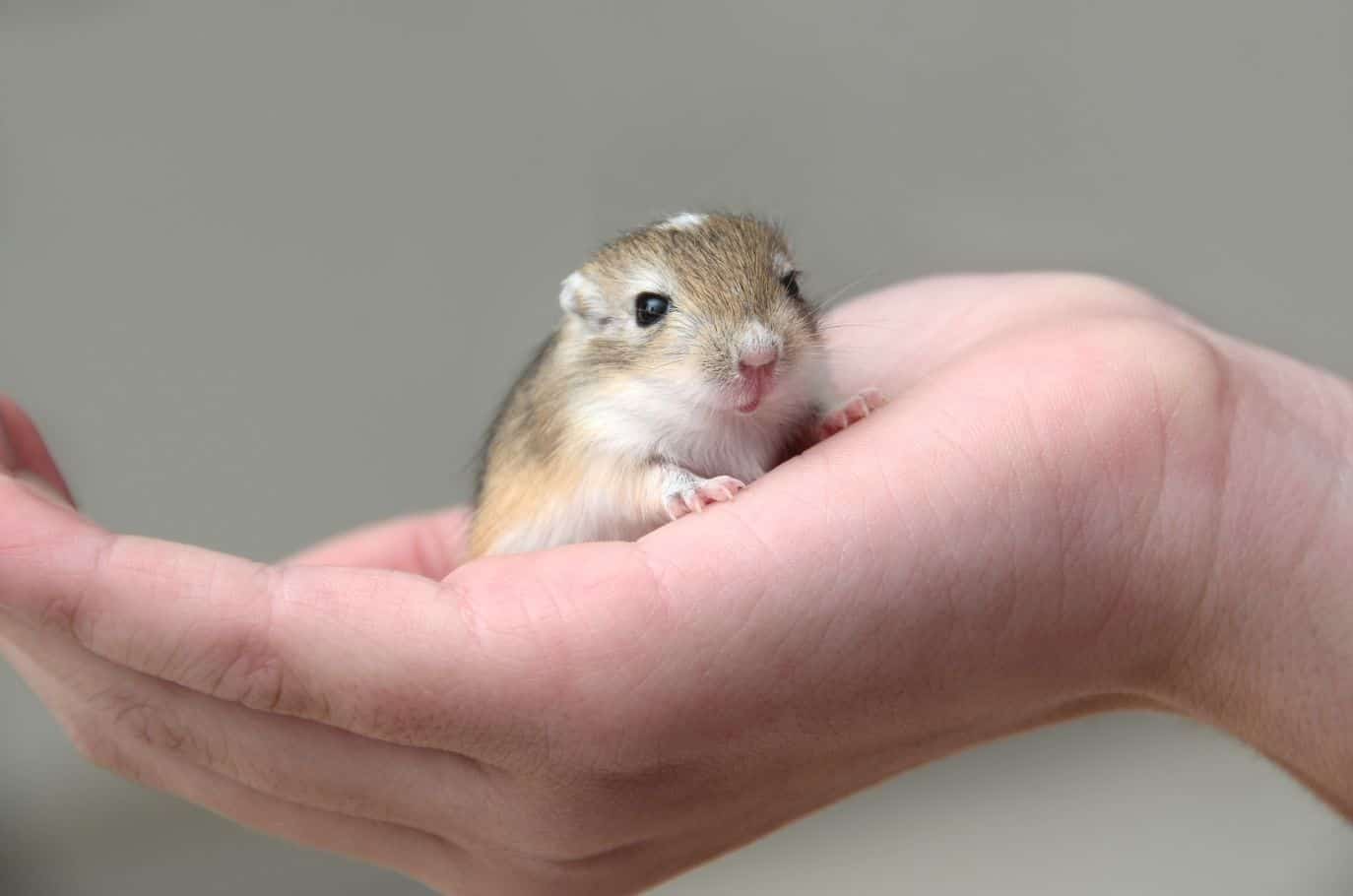Don’t Forget Your Pocket Pet Has Needs Too

Is a pocket pet a pet that fits in your pocket? Well, sure, but each pocket pet is a unique and small individual who has its own special pet care needs. Before you bring a pocket pet home, there are some things you need to know so they’ll be happy in your care.
What Is a Pocket Pet?
A pocket pet is a small mammal, generally very furry and cute. The most popular pocket pets are:
- Chinchillas
- Gerbils
- Guinea pigs
- Hamsters
- Mice
- Rats
- Sugar gliders
How Many Pocket Pets to a Pocket Pet House?
Before you bring pocket pets into your home, talk to us about their best care, from housing to nutrition and the grooming needs of each. Some pocket pets are more social than others. In some cases, they do better with company.
- Chinchillas prefer company, so at least two to a house. They’re up all night (nocturnal), so they need a hideaway for sleeping.
- Gerbils are more likely to bite you and fight other gerbils. They prefer solitary quarters.
- Mice and Rats are more sociable and like to live with others. All-girl dorms are the best!
- Guinea Pigs are extremely social and need a roomie to keep loneliness at bay.
- Sugar Gliders are nocturnal pets who want to hang out with other sugar gliders. The more, the merrier! They do love to bond with their humans and will ride in your pocket!
What Do Pocket Pets Eat?
Nutrition is vitally important to keep a pocket pet healthy. Each species is different, of course, in what and how they eat their food. Consult with your veterinarian about how to feed your pocket pet, so they thrive in your care.
- A chinchilla’s diet must include 75% Timothy hay.
- Guinea pigs must have sufficient vitamin C in their diet. They also need fiber, protein, and fresh fruits and veggies.
- Gerbils need a healthy mix of protein, seeds, fruits, and veggies. No grapes or rhubarb, please.
- Rats and mice, as you know, eat just about everything! Supplement their pellets with rat blocks or other veterinarian-recommended foods.
- Sugar Gliders do not eat sugar! They do eat fruits, vegetables, and protein. Commercially-produced sugar glider food will eliminate any cause for odor.
Grooming, Housing, and Veterinary Care for Your Pocket Pet
A sugar glider needs little care as long as their living quarters are kept clean, their nutritional needs are met, and they have plenty of social interaction. Other pocket pets, however, need more care.
Grooming needs of pocket pets vary.
- Chinchillas require frequent dust baths and combing. Their teeth can become overgrown if the pet is not given enough rough material, such as Timothy hay, to chew on.
- Guinea pigs need a nail trim about once a month.
- Every few months, bathing pocket pets (not chinchillas!) will clean up their coats and reduce smells. Use a non-detergent-based shampoo.
Understand the type of housing your pocket pet needs.
- Type of flooring
- Places to hide
- Eating areas separate from sleeping and play spaces
- Bedding material
- Safe from other household pets
- Toys
- Climbing surfaces/exercise wheels
- Easy access to food and clean water
Veterinary care for pocket pets is specific to the species.
- Does your pocket pet require vaccinations?
- Little creatures will do everything they can to hide illness, so regular wellness exams are important!
We Have Answers to Questions About Pocket Pets
Call us at (704) 334-4684 for more information about the best care for your pocket pet. We want to partner with you in pet health and happiness!
